With this issue of Israel Horizons, Partners for Progressive Israel is officially launching our newest project, “Kolot: Voices of Hope.” Kolot will shine a light on the efforts of the many progressive groups and individuals, Israeli and Palestinian, doing the vital, constructive work of peace – work that largely goes unacknowledged by the media. We view Kolot as an antidote to the despair that has gripped far too many of us during this ongoing age of Netanyahu. In the following article, Prof. Bill Hochhausen, who brought us the initial concept for the program, describes his frustration with the mainstream media’s selective coverage of Israel/Palestine, which focuses almost exclusively on the extremists, and helps to promote their agenda. He proposes that we use the tools of the digital age to tell a fuller, richer story that speaks to our conscience and our better selves. We are grateful to Prof Hochhausen for his idea and generous contribution in kicking off “Kolot: Voices of Hope”.
Return to Israel Horizons main page
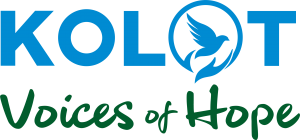
Newspaper people say “If it bleeds, it leads,” and Israel/Palestine is no exception. The headlines are eye-catching, dramatic, exciting; effective packaging for an abstracted audience that is treated as a targetable demographic. The result? News around Israel/Palestine is hard-drawn, with the focus almost entirely on violence, racism, political extremism, rejectionism.
Of course, there’s always been bad news in Israel/Palestine. The turmoil there has gone on for decades. The political, economic, and religious battles are a historical fact.
But that’s not the entire story — because what gets reported as “news” is always subject to adjustment. Local and international media choose to tell certain stories — but not others — and shape the narrative of what’s going on; in other words, what the media decides becomes our “reality.” What’s more, the mainstream media likes to make complex events easily “digestible,” so it flattens and distorts them. The end result of all this is reinforced prejudice on all sides.
When it comes to Israel/Palestine, we’re stuck with a “reality” in which everyone on each side seems to insist “There’s no one to talk to,” “There’s no partner for peace!” These rhetorical banners serve to promote, and are also promoted by, small-but-powerful orthodoxies on both sides with very definite political agendas.
But the reality – as opposed to the media’s version of it — is that this “news” is old, loud and exaggerated. Fortunately, in the digital age, we now have the tools needed to tell a richer, fuller story. Clearly something other than a tit-for-tat counter- rhetoric is called for. There is a dire need for a more complete record, a narrative of reality which informs individual conscience more thoroughly, that invites conversation across adversarial positions.
This is the idea behind “Kolot: Voices of Hope,” Partners for Progressive Israel’s new program that will focus on initiatives of cooperation, tell stories of acts of conscience, and valorize the bonds of unity forged in the heat of mutual tragedy in Israel/Palestine. Through these individual stories, we will help build a counter-narrative of pragmatic imagination and fortitude that can shape an ethics of dialogue and partnership.
Palestinian and Israeli villagers who organize to protect clean water – they’ve launched a “peace plan.” Parents, whose sons and daughters were killed by “the other side” carry their grief- bond together; grandmothers at checkpoints and lawyers defending the disenfranchised — all these are “partners for peace.” The soldier who refuses to shoot unarmed civilians demonstrates the courage needed for loyal opposition, and begins a road map to reconciliation.
It’s a dog-eat-dog world, they tell us, and, if you don’t bite, you’re considered a fool; if you believe that biting dogs can learn to think and talk together, then you’re naive, a dreamer. But this “barking soundtrack” of a canine universe is but the white-noise of corporate news that drowns out other events, even challenging the voice of our own convictions. “Kolot” will strive to serve as a corrective. It will bring news of cooperation between adversaries and report acts of insight, bravery, and generosity by individuals and groups. “Kolot” will carry forward and honor these accomplishments, creating a record of do-gooding in Israel/Palestine that must be encouraged, nurtured, built upon.
This inaugural feature offers one account of dissent: Israeli soldiers who have left the army and who are willing to tell their stories so as to awaken the Israeli people to the moral and psychic toll of Occupation.
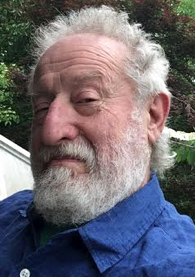
Bill Hochhausen is an artist and Professor Emeritus of Drawing and Design at the Pratt Institute in Brooklyn. Bill’s studio and home are in Rockland County, NY, where he continues to develop his art.

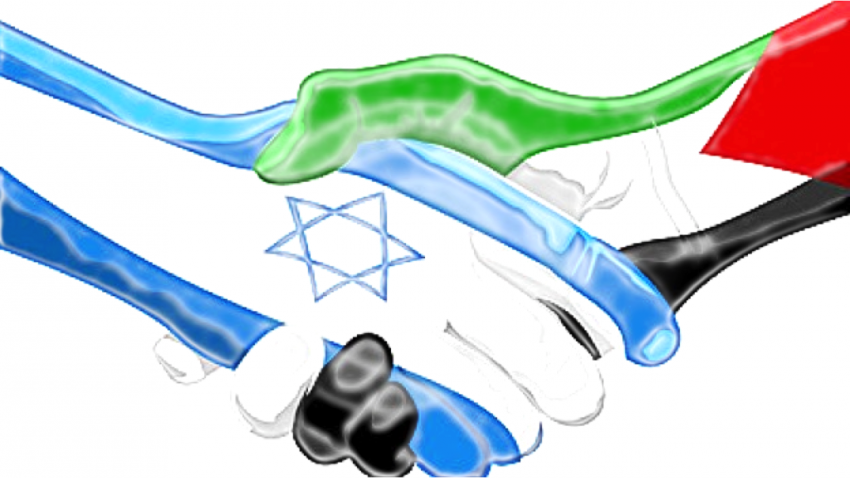


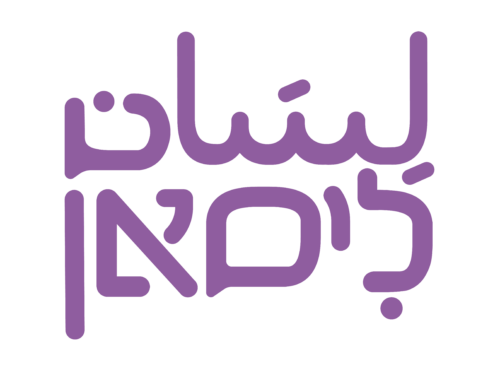
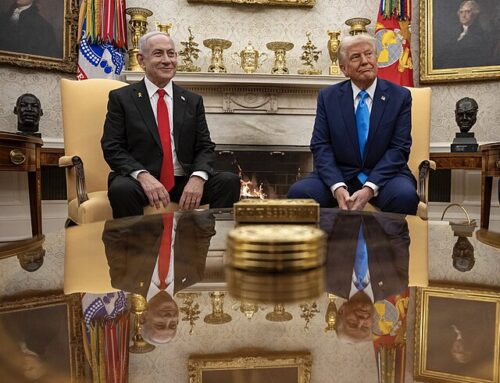
Leave A Comment